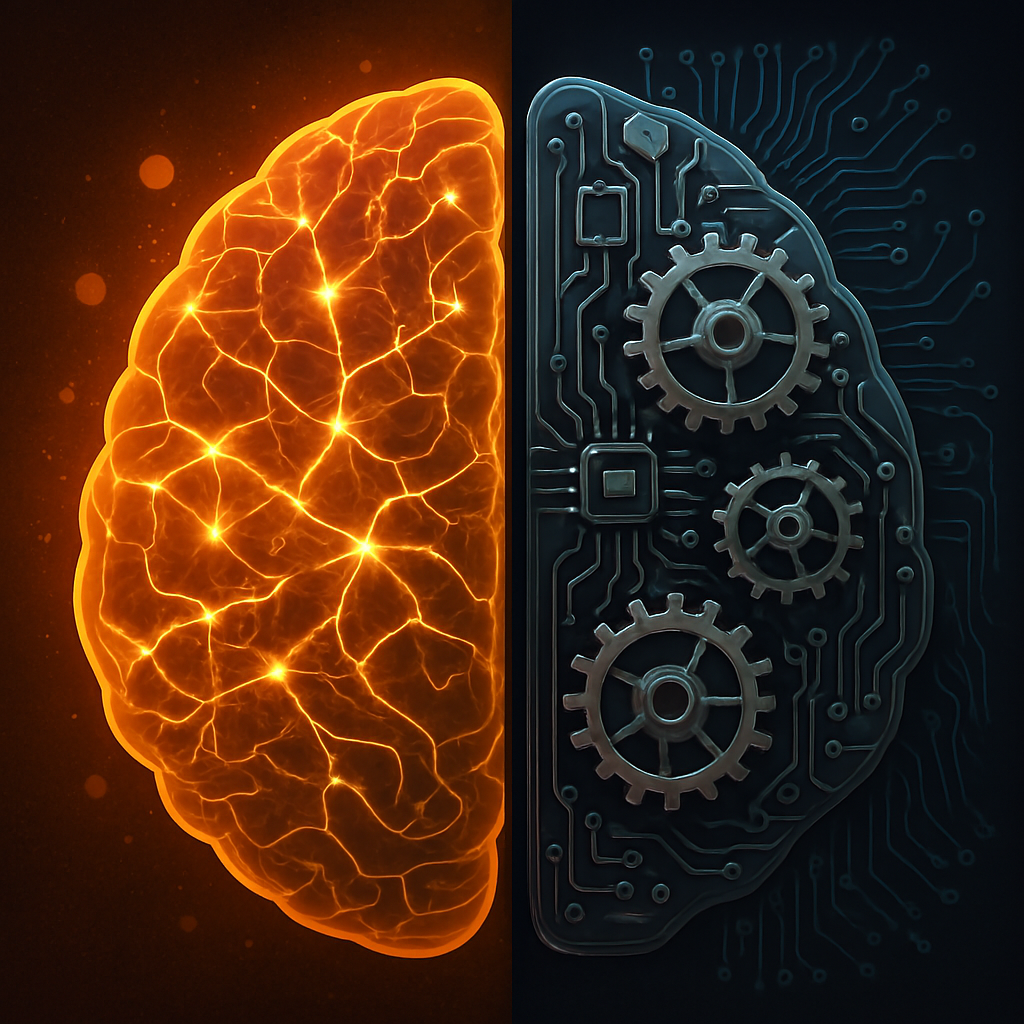How Your Brain Changes When You Outsource It to AI
Introduction
In today’s fast-paced digital world, many of us rely on artificial intelligence to write, plan, organize, and even make decisions. While this makes life more efficient, it also raises an important question: how your brain changes when you outsource it to AI. The human brain adapts to tools and technology, and when mental tasks are offloaded to AI, it can shape memory, focus, and even creativity.
The Extended Mind: Technology as a Cognitive Partner
Psychologists have long suggested that our minds extend into the tools we use. Just as writing once transformed how we store and share information, modern AI tools are reshaping the way our brains function. When you let AI handle reminders, summarize complex texts, or craft messages, your brain adapts by depending on those systems instead of building its own capacity for recall and organization.
Cognitive Offloading: The Double-Edged Sword
Outsourcing tasks to AI reduces mental strain and increases productivity. It can also help people with attention or memory difficulties stay organized. However, there’s a trade-off. The more we offload to AI, the less we exercise critical thinking, problem-solving, and memory. Over time, this may weaken the brain’s ability to process information deeply and independently.
What Science Reveals About Outsourcing to AI
Research suggests that relying heavily on AI may lead to:
- Reduced memory retention: When you let AI remember everything, your brain has less incentive to store details.
- Lower critical thinking: AI often gives direct answers, leaving little room for analysis.
- Decreased originality: Overreliance on AI-generated ideas can limit creativity and divergent thinking.
- Weaker learning outcomes: Students who rely on AI tools without practicing independent study may struggle when the tools are unavailable.
Just as GPS reliance reduces our natural sense of direction, frequent use of AI can weaken certain cognitive pathways in the brain.
Deep Thinking vs. AI-Assisted Thinking
AI works best at surface-level tasks such as summarizing, organizing, and predicting. Humans, however, excel at deep, reflective thought. The danger arises when people stop engaging in deeper thinking altogether. Using AI for every task may create a dependency that makes the brain less flexible, less creative, and less resilient in solving complex problems.
The Memory Paradox and Cognitive Debt
Every time we outsource a memory or task to AI, we preserve short-term efficiency but risk building “cognitive debt.” Just as physical muscles weaken when not used, neural connections can atrophy without exercise. This can make learning new skills more difficult in the long run. The paradox is that while AI makes life easier, it also risks making our minds less agile.
How Your Brain Changes When You Outsource It to AI
The brain is highly adaptable. When tasks are repeatedly outsourced, it reallocates resources. Regions that would normally handle recall, critical thinking, or decision-making may become less active, while reliance on external cues grows. This change doesn’t happen overnight but develops gradually with consistent AI use. The outcome depends on how balanced or excessive the reliance becomes.
Finding Balance: Smarter Use of AI
The key is not to reject AI but to use it wisely. Here are some strategies:
- Use AI as a collaborator, not a crutch: Ask it for ideas but refine them with your own reasoning.
- Keep exercising memory: Practice recalling facts, writing by hand, or solving problems without assistance.
- Create friction: Double-check AI output and ask yourself questions before accepting an answer.
- Protect deep work: Dedicate time to tasks without digital assistance to strengthen focus and creativity.
- Stay mindful: Be aware of how much you delegate to AI and whether it is eroding your independent skills.
Conclusion
Understanding how your brain changes when you outsource it to AI is crucial in the digital age. Artificial intelligence can make daily tasks easier, free up mental space, and improve efficiency. Yet over-dependence may weaken memory, creativity, and problem-solving abilities. The solution lies in balance—using AI as a supportive partner while continuing to challenge and exercise the brain. By blending technology with mindful effort, we can benefit from AI without losing the very qualities that make human intelligence unique.




Comments are closed